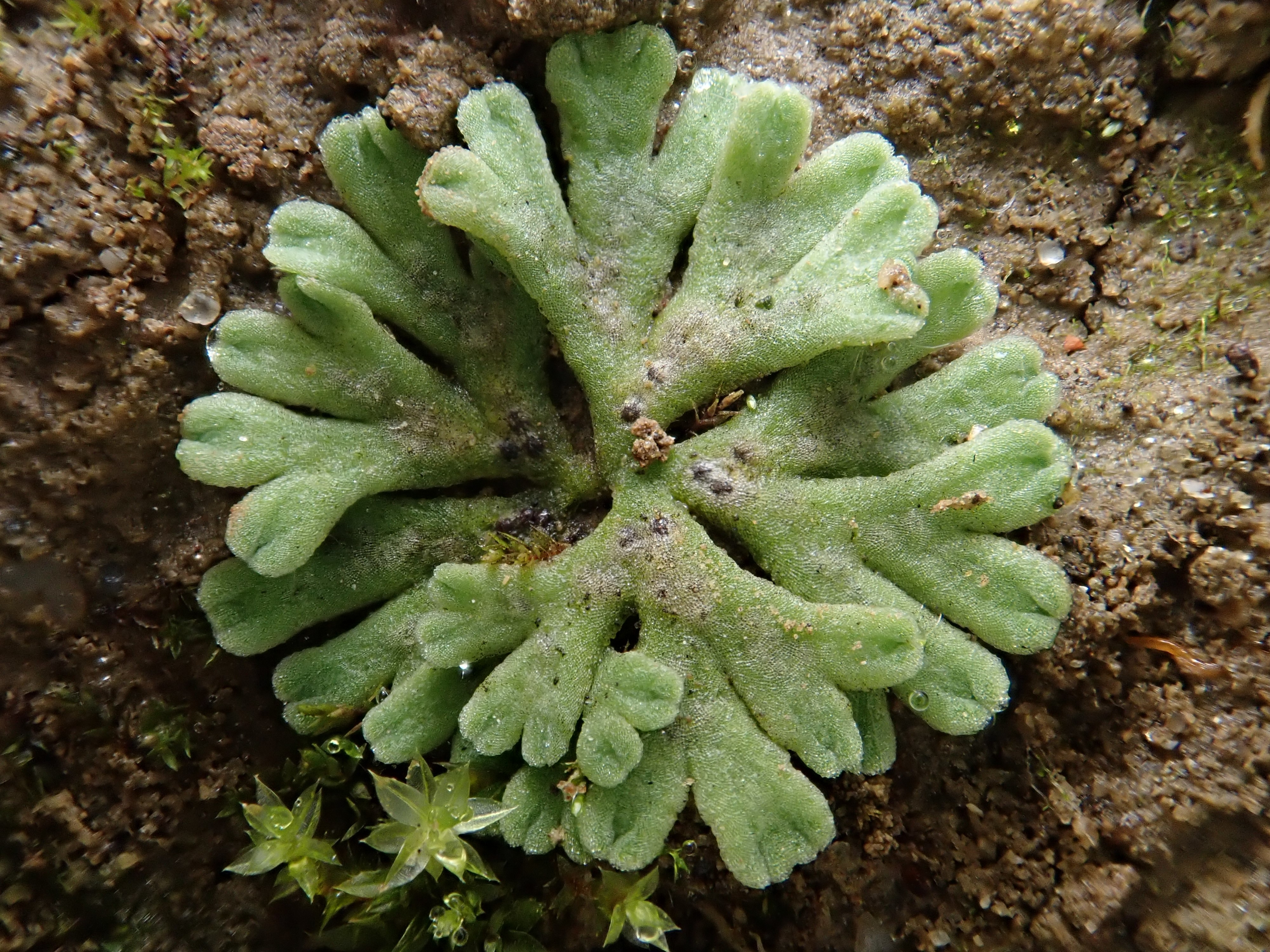29.11.2018: Harald MEIMBERG (Wien): Multilous barcoding using next generation sequencing, HS 32.01, Institut für Biologie, Bereich Pflanzenwissenschaften, Holteigasse 6, 17.00 Uhr
The Austrian barcode of life initiative has the goal to sequence a certain region of organelle DNA of all species from Austria to construct a taxonomic reference database for species identification. Within this consortium we participating in investigating plant species. Originally, DNA barcoding refers to the use of defined sequences as information about species assignment of a sample. A number of projects had been undertaken to construct regional or national barcode databases and some shortcomings of the original barcoding concepts are obvious. In addition the original concepts are only difficult to incorporate into the ongoing increase in throughput of sequencing capacities with second and third generation sequencing technologies. Within our approach, we develop a multilocus system that might overcome some of these constrains. The use of multiple markers results in a higher amount of variation to discriminate species, provide clearly defined primer binding sites for unbiased amplification and allows to use of next generation sequencing for data collection. The approach is also tested for metabarcoding, the determination of the species composition of a mixed sample. The presentation will cover the concept of the multilocus approach, how it fits into the established barcoding procedures (eg the BIN system) and preliminary results. It will also cover the bioinformatics that we develop to overcome the use of reference sequences for NGS sequence analysis.
